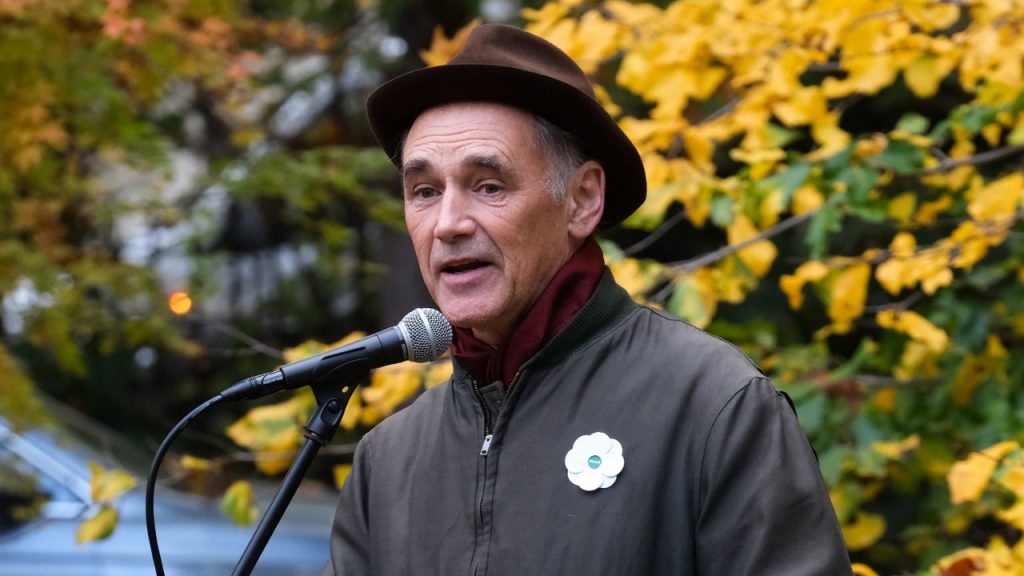Prince William has urged young people to wear a poppy on Remembrance Day today because it’s “not just about the past; it’s about shaping who we become in the future”. His remarks about learning from “the courage of others” contrast strongly with the ritual poppy apoplexy being expressed elsewhere.
“Performative poppy wearing” has become “toxic”, said Helen Coffey in The Independent, with politicians and TV presenters getting “a pile-on” for “an empty lapel” and actor Mark Rylance branded “woke” for wearing the pacifist white poppy.
‘Vile abuse’
“Every year they get more unhinged,” said Coffey, citing the “public shaming” of “anyone foolish/thoughtless/bold enough” to show their face on television in November without “a scarlet talisman pinned proudly to their chest”. The vitriol “hurled at people purely for the absence of a £2 paper flower” has turned the poppy “from a well-meaning show of support into another piece of weaponised propaganda” in the culture wars. “Spewing vile abuse at others in the name of patriotism” is surely an “insult to the memory” of the fallen soldiers who “fought for freedom of speech”.
I wonder what we are “actually remembering” when we take part “in what seem like ever more frenetic and extravagant displays of poppy fervour”, said James Ball in The New World. There’s been a “bastardisation” of the poppy’s meaning. The “policing of who is and who isn’t wearing” one feels “less about solemn thanks and more about the same kind of nationalism” that saw England and Union Jack flags “hung up in their hundreds from lamp-posts” earlier this year.
‘Divisively politicised’
The “vast majority of the people of these Isles are rightly angered by the white poppy” brigade, said Hamish de Bretton-Gordon in The Telegraph. The Peace Pledge Union, which distributes white poppies, “explicitly” supports “de-funding the Armed Forces”, yet these people “can only exist in safety because the Armed Forces stand ready to go to war”. A “tyrant is marching west across Europe” but white-poppy-wearers, like “virtue-signalling” Mark Rylance, would “appease” Vladimir Putin “rather than stand up to him”.
I am “troubled” by how the poppy has “become divisively politicised”, said military veteran Ian Cumming in The Herald. It “jars” when “people with no experience of service” either “use the poppy as a test of loyalty” or “reject it to make a political point”. “For those of us who have faced the harsh realities of war, Remembrance is not a performance – it’s a promise.” Service personnel put themselves at risk “in defence of our way of life” and, in return, we owe them “gratitude, respect and enduring support”. The poppy should be a visual reminder of that mutual commitment, not a “prop for argument and point-scoring”.
‘Toxic’ debate over red and white poppies is another front in the culture wars
